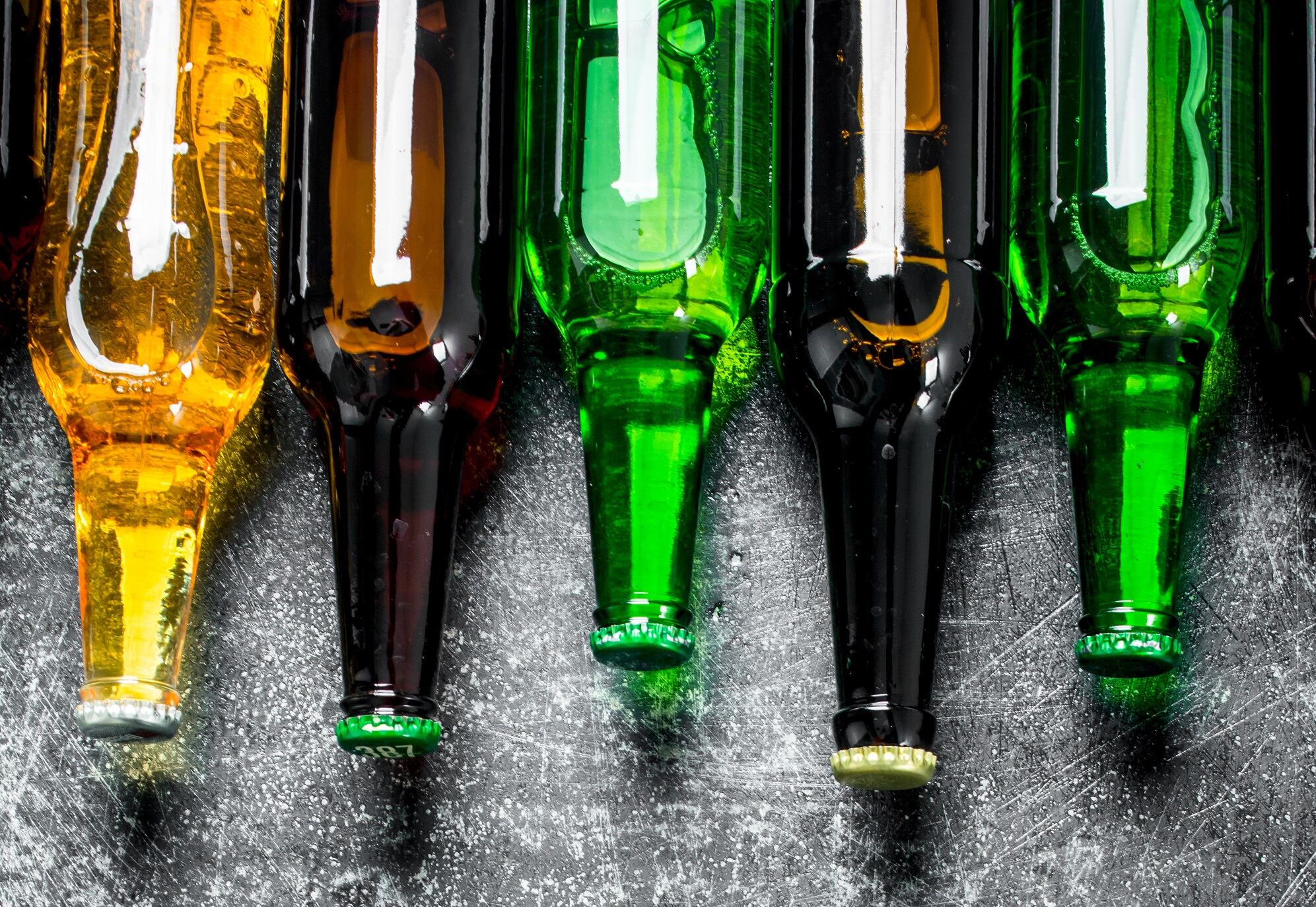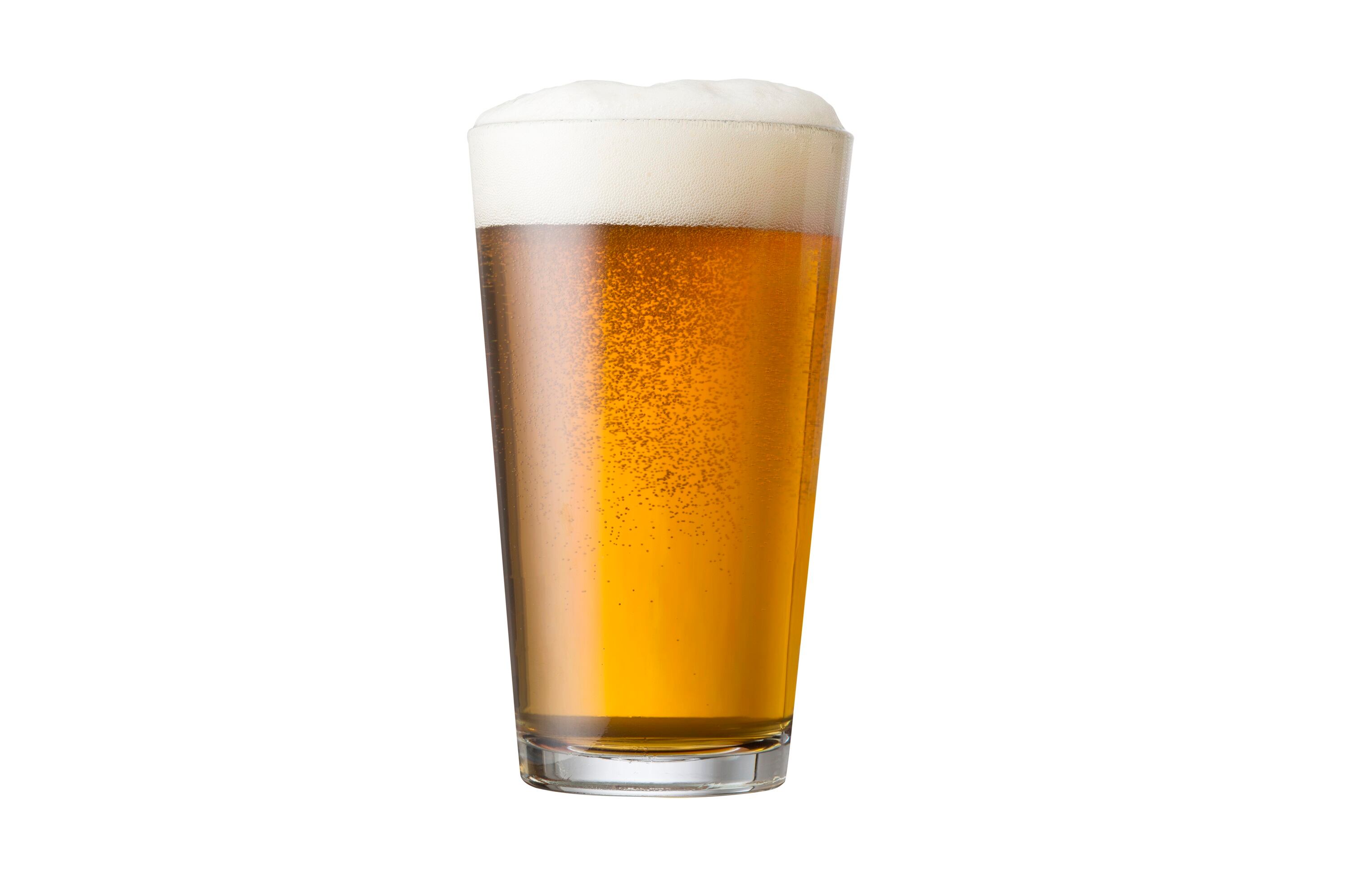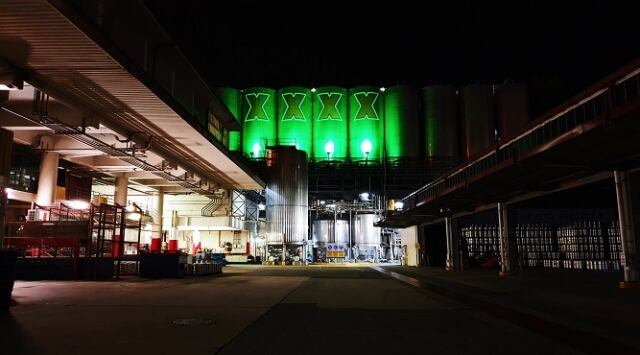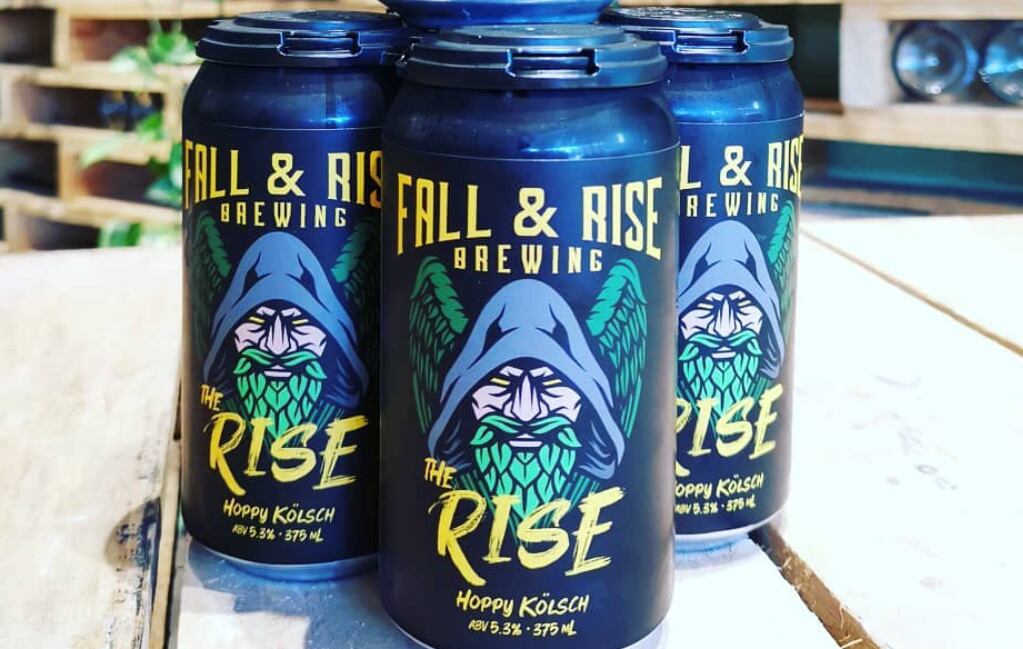This translates into falling consumption; almost half a million jobs lost in hospitality; and $8.5bn ($5.7bn USD) in lost business revenue.
Cider saw the biggest fall in April, with a drop of 61%.
However, there is now hope of a gradual recovery for the sector as bars, pubs and restaurants reopen across Australia, with restrictions varying by state.
On-trade closures
The closure of pubs, bars, clubs and restaurants in April and May has resulted in significant declines for beverage producers. While pantry filling in March did help boost the industry, it was not enough to offset overall figures.
“We knew that the total loss of trade from pubs, bars, clubs, and restaurants was never going to be made up for by a brief, small surge in panic buying during the week people were concerned bottleshops would also close,” said Andrew Wilsmore, CEO, Alcohol Beverages Australia (ABA).
Losses vary between categories, with beer and cider the most affected.
Beer and cider
In April, beer volumes were down 44% and value down 55%. In May, volume was down 19% and value down 26% (figures compare April 2020 with April 2019; and the first two weeks of May 2020 with the same period in May 2019).
Cider was down 61% in volume and 55% in value in April; then down 32% in volume and 37% in value in May.
“Beer and Cider have been the most significantly impacted through the loss of occasions, witnessing large volume and value falls in April, before recovering somewhat in early May," notes ABA.
Wine
Wine was down 7% in volume and 3% in value in April; and down 16% in volume and 14% in value in May. But these more moderate declines hide the differences between big brands and small winemakers.
“Big brand wines enjoyed a period of pantry filling in April, initially buffering what they lost through on-premise sales. But it was a different story for smaller and medium sized winemakers, who were reporting volume losses of up to 70%. By May, even the larger wine producers were feeling the full impact of hospitality venue closures.”
Spirits
Spirits were down 21% in volume and 19% in value in April. In May, the category fell 14% in volume and 6% in value. It was a similar story for RTDs: down 37% in volume and 30% in value in April; and 1% in volume and value in May.
“Spirits and RTDs had a challenging April, in the absence of sport occasions and the total shutdown of cocktail-focused venues. There was some ground made up in May as housebound Australians began trying their hand at cocktail making in the home.
“Local distillers witnessed revenue declines of up to 80% due to the sudden closure of distillery doors and regional tourism in late March.”
Most Australians are drinking responsibly
Panic buying in March prompted concern that Australians were set to drink heavily during lockdown.
But official data from the Australian Bureau of Statistics (ABS) shows that 85.6% of Australians are drinking responsibly during the pandemic shutdown. Their consumption habits are either unchanged, or they are in fact drinking less during COVID-19.
According to DrinkWise, those who chose to drink were maintaining average consumption of three standard drinks. Over the course of the week, this amounted to just over eight standard drinks in total – well within the guidelines recommended by experts. It also found the vast majority of Australians who reported increased alcohol consumption at home are still drinking at moderate levels.
Impact on jobs
Alcohol Beverages Australia says its sector has been the most severely impacted by the coronavirus pandemic as lockdowns and social distancing forced the closure of pubs, bars, clubs, and restaurants.
“The loss of jobs and revenue in this sector has been crippling," says ABA. "At the peak of isolation measures, 441,400 jobs had been lost in hotels, pubs, clubs, restaurants, cafes, takeaway, coffee shops, accommodation hotels and casinos. This represents a loss of a third of their total workforce.”
A $8.5 billion fall in revenue in the hospitality sector represents 10% of annual sales.
“We call on our political leaders to have a laser-like focus on job creation and minimising regulatory and tax burdens as we come out of this crisis. This will be vital to our successful revival so that we can continue to provide employment opportunities and future careers for young Australians.”




